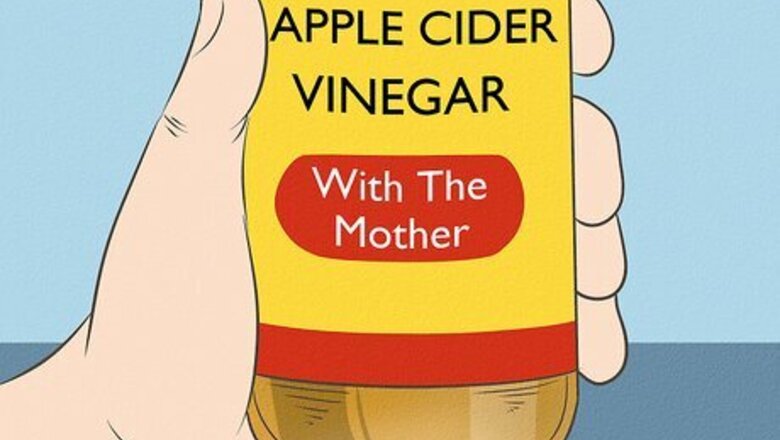
views
12 Ways to Clean with Apple Cider Vinegar
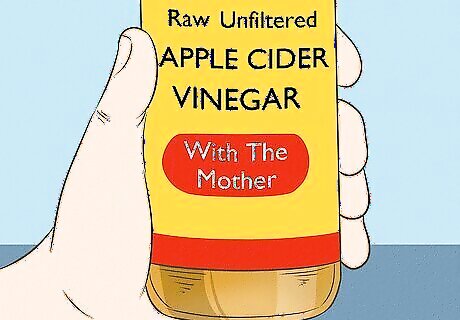
Mix equal parts water and ACV for an all-purpose cleaner. Just combine them in a spray bottle, and voila! You have an all-natural cleaning solution that’s great at dissolving dirt, grime, grease and soap scum. And, with its antimicrobial properties, apple cider vinegar can help kill bacteria, too! The spray works well on countertops, floors, mirrors, windows, bathtubs, and sinks. Avoid using the spray on natural stone countertops (granite, marble, etc), wood cabinets, or hardwood floors because it can damage these surfaces. If you don’t like the way apple cider vinegar smells, you can add a few drops of your favorite essential oil to make the scent more appealing.
Use ACV to remove soap scum and mildew from bathroom surfaces. Due to its acidity, apple cider vinegar is great at breaking down soap scum, mildew, and hard water stains in your bathroom. Simply spray your DIY all-purpose cleaner (equal parts water and apple cider vinegar) into the sink, bathtub, and all over the surface of your toilet. Allow the solution to sit for several minutes to break down grime, then wipe the surfaces clean.
Disinfect and deodorize your toilet bowl with apple cider vinegar. To clean the inside of your toilet bowl, pour about ⁄2 cup (120 mL) of straight apple cider vinegar into the bowl, and let it sit for 15 minutes. After 15 minutes, scrub the interior of the toilet bowl with a scrub brush. Flush the toilet, and that’s it!
Clean and shine surfaces in your kitchen with apple cider vinegar. To cut through grime and grease, spray your DIY all-purpose cleaner on your stovetop and countertops (as long as they aren’t granite or marble). You can also use the cleaning solution to polish and shine stainless steel appliances, and to wipe away food stains from the interior of your fridge and microwave.
Unclog your drains with apple cider vinegar and baking soda. First, pour ½ cup (136 g) of baking soda into the drain. Next, pour in 1 cup (240 mL) apple cider vinegar, followed by 1 cup (240 mL) of boiling water. The mixture will start to bubble and fizz, which helps break down the clog. Let it sit for about 15 minutes, then flush the drain out with more hot water. Your drain should now be good as new!
Use apple cider vinegar to get streak-free windows and mirrors. First, wipe down the windows or mirrors with a dry microfiber cloth or a duster. Next, spray them generously with your apple cider vinegar all-purpose cleaner. Wipe the cleaning solution with a dry paper towel or microfiber cloth, and that’s it! You should have squeaky clean windows and mirrors. You can also clean glass shower doors with your apple cider vinegar cleaning solution. It will break down soap scum, mildew, and water stains, leaving the surface gleaming and streak-free.
Add ACV to your washing machine to get rid of mildew, and germs. With its antimicrobial and deodorizing properties, apple cider vinegar is a great choice for cleaning your washer. Simply add 2 cups (470 mL) apple cider vinegar to your empty washing machine instead of laundry detergent. Next, run the empty washer on the hottest wash cycle.Your washer should now be odor-free and sparkling clean. Mildew, grime, and soap scum can easily build up in your washing machine over time, so it’s important to clean it on a regular basis. If you notice a strange odor or mildew-y smell in your machine, it's probably time to give it a wash.
Use apple cider vinegar to tackle grease and grime in your dishwasher. To clean your dishwasher, simply fill a small bowl with apple cider vinegar, and place it on the upper rack. You could also pour the vinegar directly into the bottom of the dishwasher if you prefer. Make sure the dishwasher is otherwise empty, then run it for a full cycle.
Remove carpet stains with apple cider vinegar. If you spilled something on your carpet and it left a stain, have no fear. Just mix vinegar with 2 tablespoons (36 grams) of salt, then rub the mixture into the stain.Vacuum up the mixture, and that’s it! The vinegar and salt mixture should lift the stain right out of your carpet.
Mop your floors with apple cider vinegar. If your floors are made of a non-porous material, such as ceramic tile or luxury vinyl plank (LVP), apple cider vinegar makes a great mopping solution. Simply mix (1 cup (240 mL) apple cider vinegar per gallon of water, and use this mixture to mop as you usually would. Avoid cleaning hardwood floors or floors made of natural stone (marble, granite, etc) with this cleaning solution. Apple cider vinegar can damage or discolor these surfaces.
Use apple cider vinegar to descale your tea kettle or coffee maker. Pour 1 cup (240 mL) apple cider vinegar into your tea kettle and set it to boil to remove limescale. Afterward, rinse the kettle out to get rid of leftover vinegar. To descale a coffee maker, fill the reservoir with half apple cider vinegar and half water, then run a brew or cleaning cycle without any filter or coffee grounds. When it finishes, pour out the carafe and run 2-3 more cycles with plain water to rinse everything out.
Make a fruit fly trap with apple cider vinegar. If your home has been invaded by pesky fruit flies, making a DIY fly trap may be the right call. First, grab a small cup or jar. Pour about an inch of apple cider vinegar into it, and add a small squirt of liquid dish soap. Cover with plastic wrap, and secure it around the rim with a string or rubber band. Finally, poke several holes into the plastic for the flies to get through. Leave the jar out in your kitchen. The liquid will attract the fruit flies, and once they fly into the jar, they’ll sink and be trapped inside.
Apple Cider Vinegar FAQs
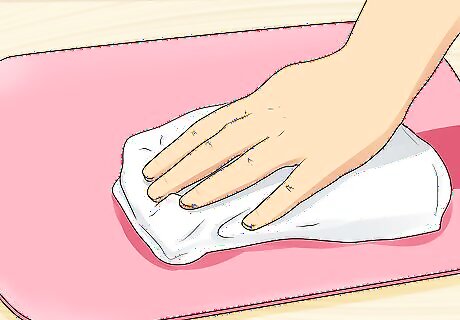
How effective is apple cider vinegar for cleaning? Apple cider vinegar works well as a natural household cleaner and deodorizer. It has antimicrobial qualities, which means it can help kill germs on various surfaces around your home. The acidity also dissolves dirt, grime, grease, and soap scum. It's important to note, however, that apple cider vinegar won't be quite as effective at killing germs as typical household cleaners like Lysol or Clorox. If you need to do a deep clean of your home and want to make sure you kill as much harmful bacteria as possible, you may want to use a commercial all-purpose cleaner. For lighter messes and routine cleaning, however, your apple cider vinegar solution should work just fine.
What surfaces are not safe to clean with apple cider vinegar? Apple cider vinegar is a versatile and effective household cleaner, but there are a few things you should avoid using it on. These include hardwood floors, wood cabinets, waxed wood furniture, and natural stone countertops (marble, granite, quartz, etc). You should also steer clear of metals like copper, aluminum, and cast iron— the vinegar can strip away protective coatings on these metals and cause them to rust. Be careful not to get the vinegar on the areas of your dishwasher or washing machine that have rubber lining. The acid can break down the rubber seal over time, damaging your appliance.
Can apple cider vinegar replace white vinegar in a cleaning solution? Yes, you can replace white vinegar with apple cider vinegar when making a homemade all-purpose cleaner. Apple cider vinegar has a milder smell, which makes it a good option if you don’t like the strong odor of white vinegar. Apple cider vinegar has a lower acidity level than white vinegar, so the cleaning solution will be a bit less strong. If you’re hoping to do a deeper clean, you may want to stick with white vinegar. If you’re doing a gentler clean, apple cider vinegar should work very well.
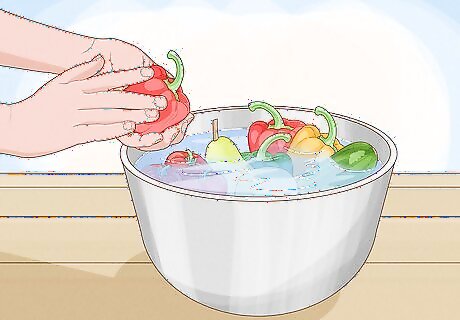
What are some other uses for apple cider vinegar? Apple cider vinegar is incredibly versatile. You can use it to wash fresh fruits and vegetables, and it will remove more pesticides, chemical residues, and bacteria than washing with water alone. You can add apple cider vinegar to warm water along with Epsom salts for a soothing, deodorizing foot soak, or make a facial toner with one part apple cider vinegar and two parts water to fight acne. The options are endless!
















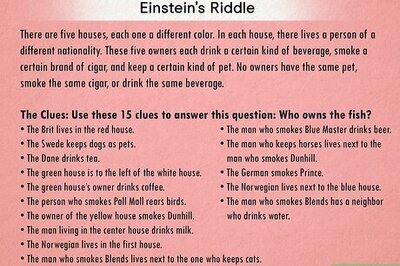
Comments
0 comment